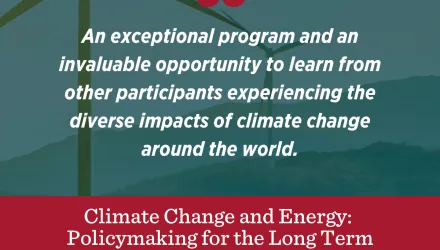Overview
One of the greatest challenges facing human civilization is the provision of secure, affordable energy without causing catastrophic environmental damage. As the world's largest economy, and as a world leader in energy technologies, the United States is a particularly important case. In the light of increased competition from other countries (particularly China), growing concerns about the local and global environmental impacts of the energy system, an ever-present interest in energy security, and the realization that technological innovation takes place in a complex ecosystem involving a wide range of domestic and international actors, this volume provides a comprehensive and analytical assessment of the role that the U.S. government should play in energy technology innovation. It will be invaluable for policy makers in energy innovation and for researchers studying energy innovation, future energy technologies, climate-change mitigation, and innovation management. It will also act as a supplementary textbook for courses on energy and innovation.
- Students, researchers and policy makers can use this text to familiarize themselves with questions that continue to worry us concerning U.S. technology policy
- Analyzes how different technologies might interact, complementing or competing with each other
- Explores how the U.S. government can maximize the returns on its energy innovation investments
“Transforming U.S. Energy Innovation.” Edited by Diaz Anadon, Laura, Matthew Bunn and Venkatesh "Venky" Narayanamurti. Cambridge University Press, July 2014









